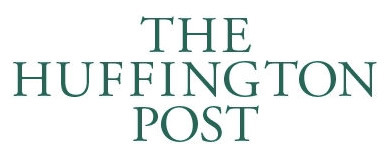
ASP Panelist in The Huffington Post: Iran Diplomacy Through the Prism of the Syria Debate
Joel Rubin, Director of Policy and Government Affairs for the Ploughshares Fund, recently attended an event as a panelist at the American Security Project titled “Prospects for a Diplomatic Solution in Iran.” The talk that he gave was later published as an article in the Huffington Post. His article discussed the implications of the Syrian conflict and the possibility of a diplomatic maneuver between Iran and the United States. He specifically highlighted three strategic themes from the American paradigm that are applicable to Iranian policy:
- It’s always darkest before the dawn when it comes to diplomacy. Opportunities will always present themselves for diplomacy, but diplomacy is not linear. Different pressures at key moments, combined with creativity, can produce results. Just when we think windows are closed, new ones may open. This suggests that we must search exhaustively for those windows while recognizing that multiple interventions – or the threat of them – such as sanctions, military action, and even cultural exchange, may make the difference.
- Presidents must push for results and see what their team can deliver. It’s not all up to the president. Sometimes our government can make fatal decisions by choosing to do nothing, when subordinates don’t seize the moment to deliver for the boss.
- Congress can’t be counted on, but it can’t be ignored either. Congress is a co-equal branch of government with the executive branch. President Obama was right – painful as it is – to go to Congress, and frankly, he had little choice. And Congress may very well, despite its leaders assurances of support, vote down President Obama’s request for Authorization for the Use of Military Force (AUMF) when it comes up.
Ultimately, Rubin declares that:
“Perhaps military action against Syria could produce a breakthrough – we need to explore this. Perhaps the administration’s multiple officials are stretching the boundaries of their lanes. Perhaps the mere act of facing our adversary, engaging the world, going to Congress, and talking to the public about Syria is conditioning us for a different approach towards Iran at the moment that the Iranians themselves are exploring this question.”






